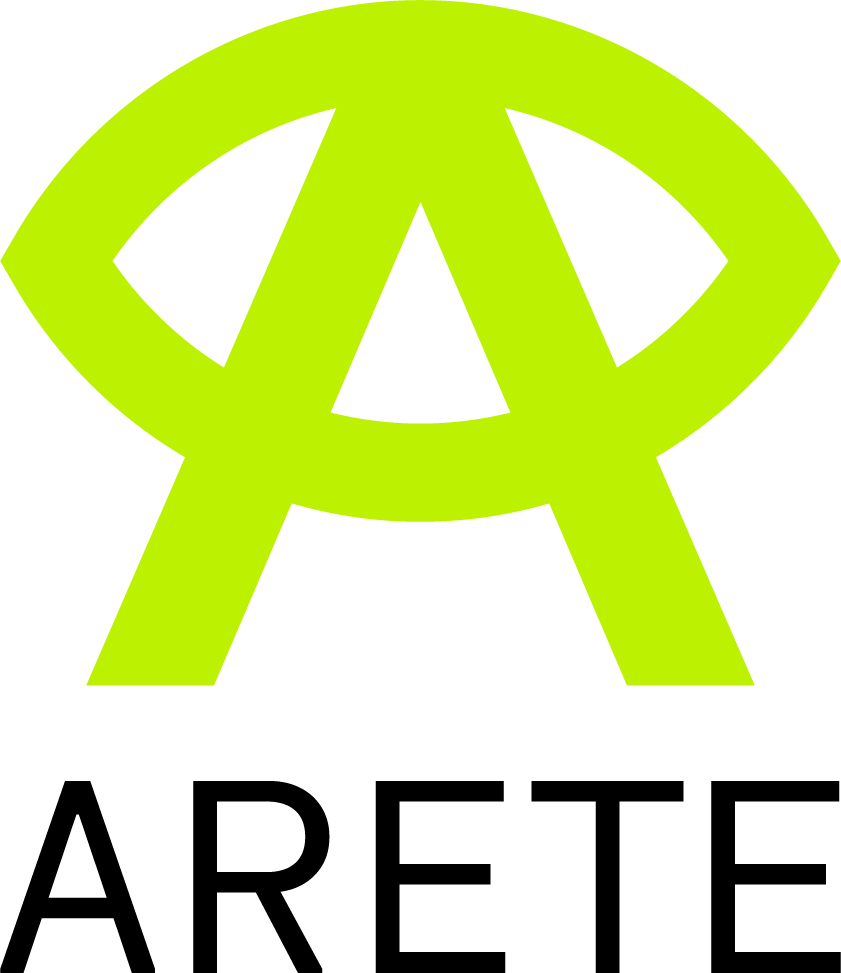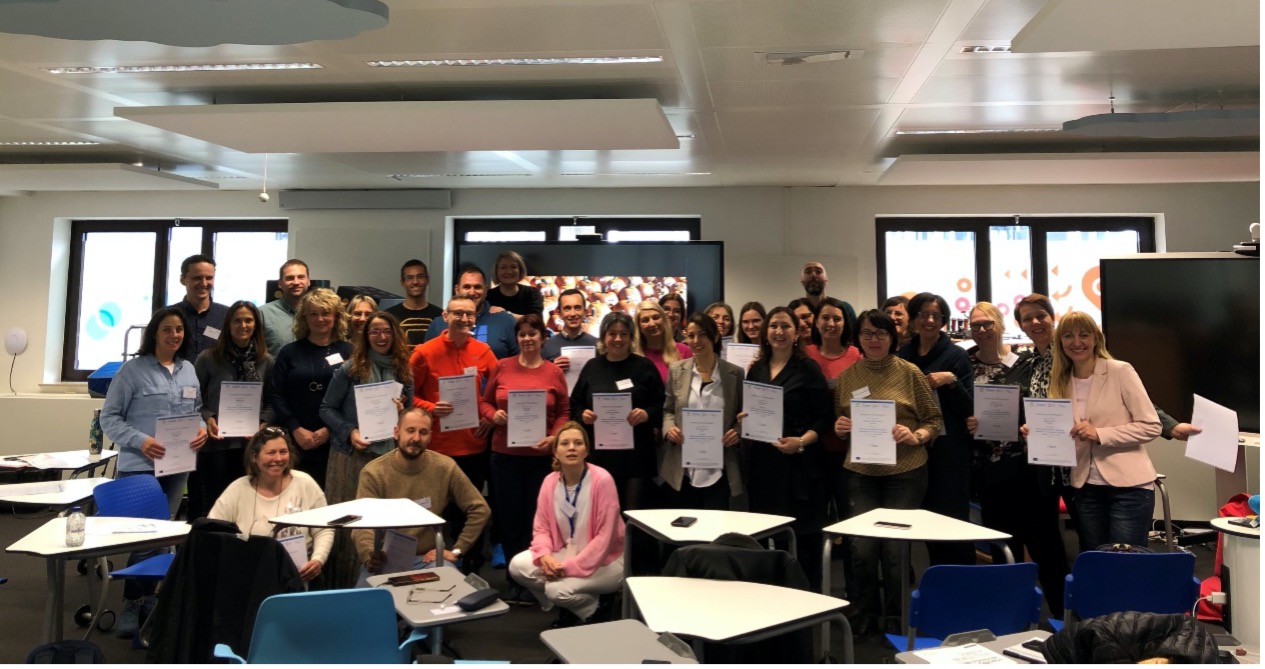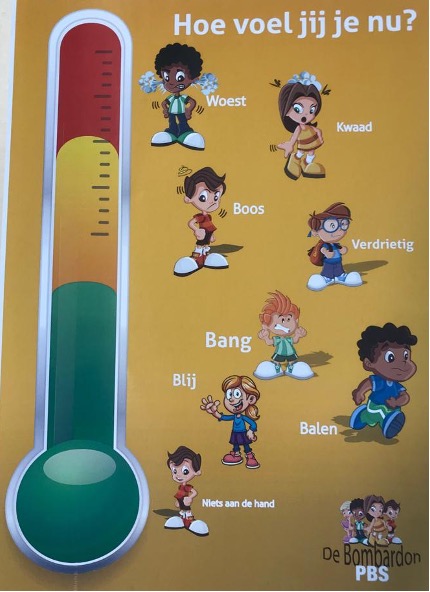How to Measure the Effects of AR on Student Learning in ARETE?
ARETE aims to support student learning in various contexts by the use of Augmented Learning. AR apps are developed and tested to enhance learning processes in the contexts of 1) literacy learning, 2) STEM learning, and 3) prosocial behaviors.
But how do we systematically assess whether an AR application is successful, and how do we know if students benefit from the AR intervention?
Let’s look at STEM learning as an example. In ARETE, we want to find out if student test scores will improve by an AR-enhanced teaching and learning approach, and if the students’ knowledge retention will be supported more efficiently by AR. For this purpose, we are working with two large samples of European students: on group of students will utilize our AR application in their classes, while the other group of students will learn about the same predefined contents in a traditional way. This way, we can compare the results of both groups in standardized tests 1) before the AR-enhanced lessons start, 2) after the AR-enhanced sessions have been completed, and 3) some time later, to learn more about knowledge retention. From these results, we can identify the differences that AR-enhanced learning made to the students in our samples.
However, the ARETE evaluation does not stop at this point. We are also interested in researching the effects that AR-enhanced teaching and learning has on teachers and on students beyond standardized test scores. To learn more about, e.g., teachers’ perceptions on student motivation and classroom engagement, about barriers and facilitating factors for AR implementation, about pedagogical implications and about teachers’ needs for support in connection to AR, we will systematically collect teachers’ feedback in questionnaires and in focus groups.
Similar steps will be taken also in the other two research strands on literacy learning and prosocial behavior. This way, the ARETE evaluation will collect and analyze valuable research data to learn more about innovative AR-enhanced pedagogical approaches and their conditions, barriers, facilitators and effects.
Jennifer Tiede, University of Würzburg



